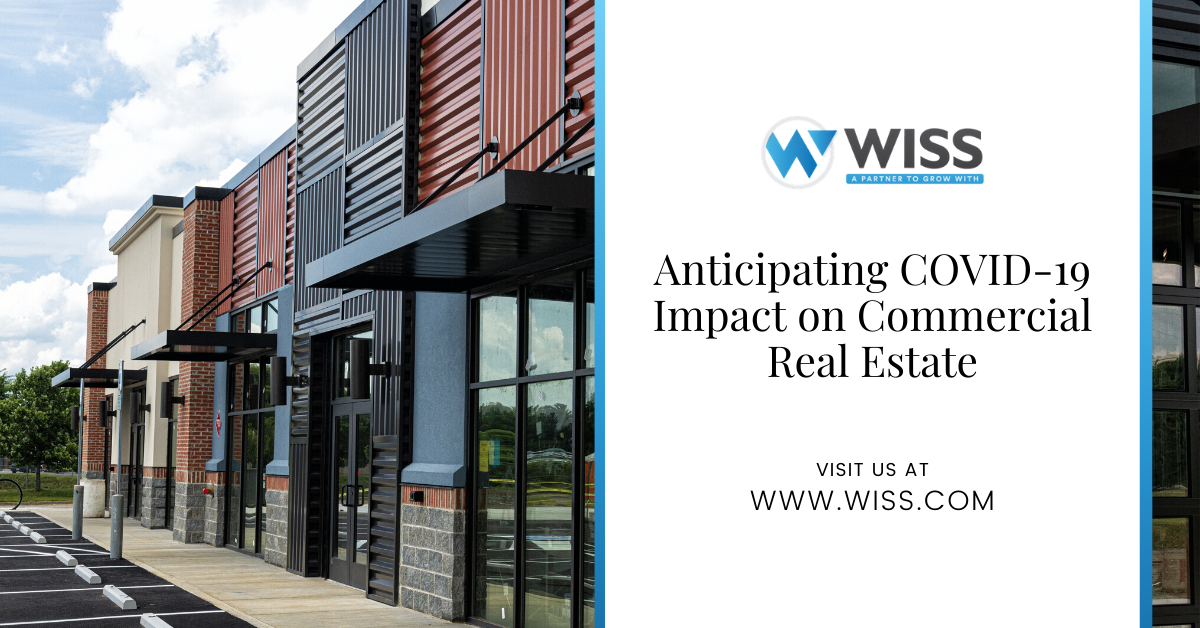With the global pandemic caused by the COVID-19, the commercial office market has felt an immediate impact. For commercial real estate professionals, please consider the following as you navigate through these challenging times:
- Be prepared for enhanced cleaning for an extended period. Government officials have suggested enhanced cleaning procedures and measures and building operators across the county have quickly implemented these enhanced measures. Consider closing off non-essential areas, or lightly used areas to lower the costs as well as reduce the burden of the cleaning staff. The length of time these measures will need to be in place remains uncertain.
- Evaluate “expense recovery” language. The ability to pass thru costs for these preventive measures and enhanced cleaning will typically be spelled out in the lease. The lease may have a cap on the amount that can be passed on or will include a reasonableness qualification for such costs. Please keep in mind that passing on these costs may be financially draining on tenants dealing with financial pressures. One consideration is to stretch these costs out over a longer period.
- Prepare for negotiations with tenants. Some tenants will be requesting assistance as this pandemic continues. Be prepared to listen and offer alternatives. Consider talking to your legal team to prepare a standard amendment/forbearance agreement that may allow for a deferral of rent for a period of time – 1 to 3 months with a payback schedule over the balance of the remaining lease or full repayment after receipt of government assistance. You might also consider forgiveness of the rent for a period in exchange for a lease extension, lease renewal or possible rent increases.
- Communicate with your lender. Many of the commercial properties may be unable to absorb the sudden high level of rent loss and still be able to meet their debt service obligations. It is good to start early communications with your lending partners to learn what they are experiencing in the commercial market place and what the lender might do to alleviate the financial pressures you may be experiencing. Most of the lenders will be willing to work with property owners, in the same way property owners will want to work with their tenants.
- Communicate safety precautions. Stay in regular communications with your tenants and their employees. They will need to know and feel comfortable that adequate safety precautions are in place. Also, be prepared when the time comes for people to return back to the office. Consider mailers, posters and emails that include information about what the disease is, methods to prevent the spreading of the disease, and overall what the property is doing proactively to monitor the situation going forward.
- Stay in touch with the local business community. Communicate with management of other commercial properties to see how they are addressing these pressing issues. You can also glean insights on the challenges, trends, and opportunities that are developing by monitoring your local trade association.
- Track federal and state relief packages. Continue to be active in working with local trade associations that are communicating with government officials on the impact being felt by the commercial real estate industry. Have your team members and your service providers on-the-ready to apply for any available relief aid. To help expedite receipt of rent payments, you might organize relevant information and direct your tenants to similar resources.
- Be aware of recent major changes in the Tax Law. Some key tax changes that affect those in the commercial real estate industry, include:
Fixing the “Retail Glitch” – There is a technical correction to the Qualified Improvement Property provision (“QIP”) in the 2017 Tax Cuts and Jobs Act. QIP is now available for immediate expensing, rather than subject to the 39-year depreciation period that made it into the TCJA through a drafting error. QIP means any improvement to a building interior for nonresidential that is not internal structural framework of the building.
Allows 5-year carryback of net operating losses (NOL) for non-REIT businesses for 2018, 2019 and 2020
Increases the limitation on deductible business interest from 30% to 50% of EBITDA (earnings before interest, taxes, depreciation, amortization) for 2019 and 2020.
This is a difficult and ever-evolving time, and I hope you find some of these tips helpful.

 Previous
Previous


